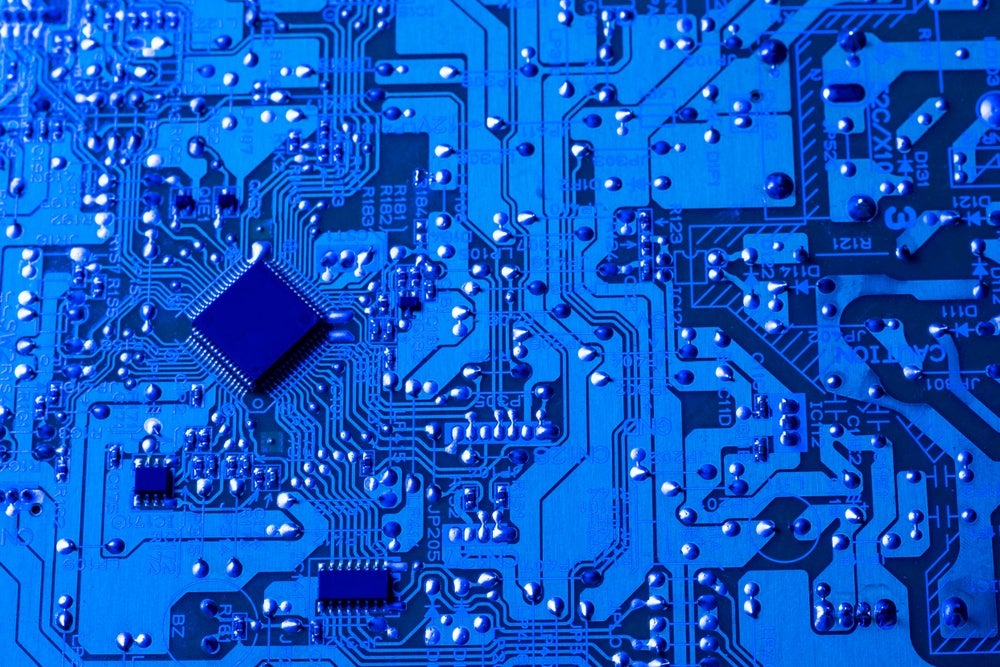
Historically, the extraction of gold from electronic waste has been an environmentally destructive process. Credit: narong sutinkham / Shutterstock
In today’s world of rapidly evolving technology, it is common for households to have overflowing drawers of outdated electronics like phones, cables, and circuit boards.
What many don’t realise is that buried within these electronic relics lies a small treasure trove of valuable materials, including gold. Gold is highly prized in electronics for its conductivity, durability, and resistance to corrosion. According to researchers, a single printed circuit board (PCB) can contain around 200–900 milligrams of gold per kilogram. With the volume of e-waste produced globally, at more than 62 million tonnes in 2022, the potential for recovering gold is enormous.
The challenge of gold extraction from electronics
Historically, the extraction of gold from electronic waste has been an environmentally destructive process. Traditional methods often use hazardous chemicals like cyanide and mercury to dissolve and separate the gold from other materials.
These toxic substances pose significant risks to both human health and the environment. The chemicals can contaminate water supplies, harm local wildlife, and expose workers to dangerous fumes.
Additionally, these processes require large amounts of water and produce waste runoff, which can further harm ecosystems. Despite growing concerns over these harmful practices, the demand for gold and the rising global e-waste crisis have made it difficult to shift toward more sustainable solutions.
A breakthrough in greener gold recovery
Researchers at Flinders University in Australia have developed a safer, more sustainable way to recover gold from e-waste.
This innovative method works not only on e-waste but also on mined ore and scientific waste, showing broad potential for various industries.
Instead of using harmful chemicals, the team has turned to trichloroisocyanuric acid (TCCA), a compound commonly used to disinfect swimming pools and drinking water. When activated by saltwater, TCCA dissolves gold from circuit boards and other electronic components without relying on toxic substances. This method is not only safer but also more sustainable, as it uses readily available ingredients.
To capture the dissolved gold, the researchers designed a sulfur-rich polymer that acts like a sponge, selectively absorbing gold even in the presence of other metals. Once the gold is extracted, the polymer can be broken down and reused, leaving behind pure gold. The polymer has a reported recovery rate of over 99%, making this process both highly effective and environmentally friendly. This innovative method works not only on e-waste but also on mined ore and scientific waste, showing broad potential for various industries.
The path forward
The Flinders University team is now working with mining and recycling companies to scale up this process for industrial use. While it is still in the testing phase, this breakthrough marks a major step forward in making gold extraction more sustainable. In the meantime, everyday consumers can play a role in reducing e-waste by recycling their old electronics.
Many cities offer certified e-waste recycling centres, and organisations like Goodwill accept used devices to recycle them responsibly. By supporting these efforts, we can help reduce the environmental impact of tech waste and ensure that valuable resources like gold are recycled and reused for future products.